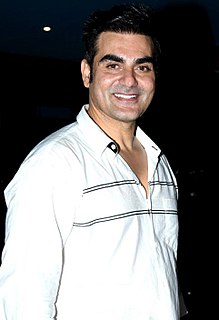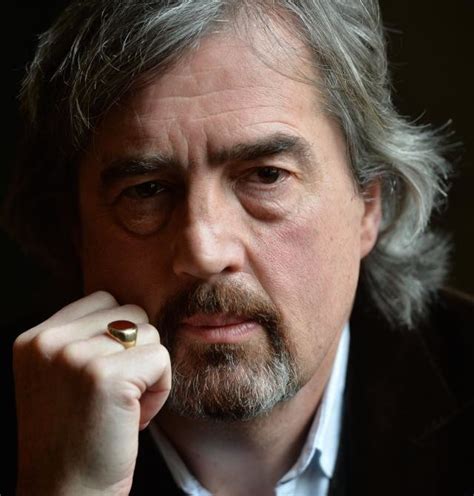A Quote by Laurence Fishburne
It's very difficult to set a film in one setting without giving the audience some intensity and some relief.
Related Quotes
The Premier League is what it is. Some people will see the intensity and quality as a great advantage for your players: it will make them better. Some will see it as a disadvantage because the players play at such a high level and such intensity, it's difficult for them to drum that up, that intensity, with a very short space of rest time.
It's very important that a film that intends to play tricks on the audience... has to play fair with the audience. For me, any time you're going to have a reveal in the film, it's essential that it have been shown to the audience as much as possible. What that means is that some people are going to figure it out very early on. Other people not til the end. Everybody watches the film differently.
I needed to create some dramatic tension to sustain the interest of the audience. For instance, the boy in the film is not in the play, so this relationship that he had with the former teacher, and his guilt, this is not at all in the play. I thought it would be interesting to look at in the film, and I added stuff like that around the main character. For me, it was not more difficult or less difficult.
Being the executive producer of a film is not that difficult. It just means that you have some power. There's not a huge amount of skill involved, I don't know how much I'm giving away here. I feel like that guy on Fox, giving away the magicians' tricks. It's not rocket science, being an executive producer of a film.
I have found, for example, that if I have to write upon sum rather difficult topic, the best plan is to think about it with very great intensity-the greatest intensity of which I am capable-for a few hours or days, and at the end of that time give orders, so to speak (to my subconscious mind) that the work is to proceed underground. After some months I return consciously to the topic and find that the work has been done.
I'm more than a little suspicious of humor in poems, because I think it can at times be a way of getting a reaction out of a reader, or an audience, that is something closer to relief: i.e., thank god this isn't poetry, but stand-up comedy. Some poets are really funny, but more often poets are fourth rate stand up comics at best. But they benefit from the sheer relief of the audience.




































